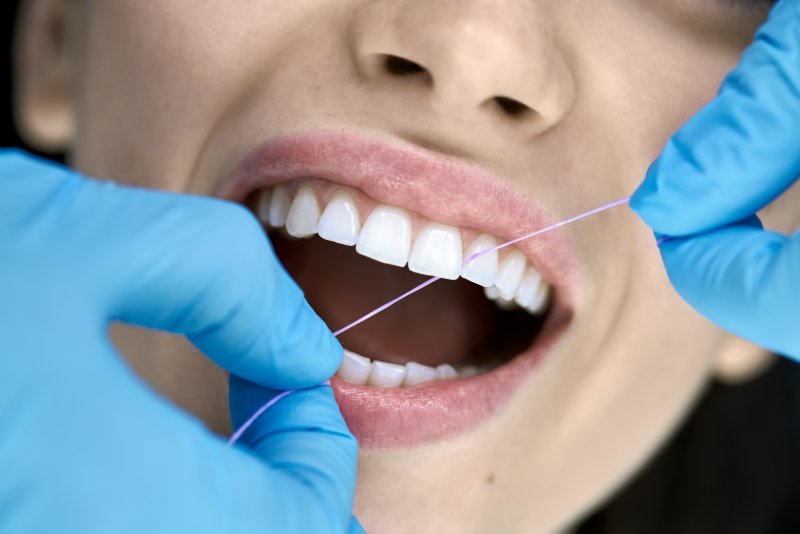
Even if you vaguely “know” oral care is essential, you may not see why that’s the case. Is there really a point to brushing and flossing every day of your life? That said, you can see how these habits help when you grasp the parts of your mouth. Learning about them reveals oral care as a crucial part of daily life! As proof of that fact, here are four elements of your mouth’s anatomy and their purposes.
Tongue
You should already know a bit about the tongue. However, maybe you haven’t learned the specifics of what is and does.
Your tongue is a digestive organ that makes up much of your mouth. By positioning itself against other parts of your oral cavity, it helps you chew food, breathe, and speak. The organ also lets you taste foods and drinks with its 10,000 taste buds – little bumps that detect salty, sweet, savory, and bitter flavors.
Salivary Glands
Did you know your mouth can (somewhat) clean itself? This ability comes from its handy salivary glands.
Put simply, the salivary glands are six small organs spread through your oral cavity. Their role is to produce saliva – a substance made of water, protein, and minerals that help digestion. As this fluid builds up in your mouth, it helps you process food and wash away debris. That means it gets rid of the acids produced by cavity-causing bacteria.
Teeth
Your teeth don’t need an introduction; you can already point to them. Even so, it’s worth looking at their features and traits more closely.
In short, your teeth are calcified structures set throughout your mouth. Their main purpose is to break down foods by crushing or cutting them before you swallow. At the same time, they help your tongue position itself and enunciate words clearly. Most people have a total of 32 teeth arranged in top and bottom arches (i.e., rows).
Gum Tissue
To be honest, the gums play a big role in oral health. It’s just that most people don’t think about them very much.
The gums are tissues that surround the base of your teeth, keeping your pearly whites in place. They’re important because they help your smile remain stable and prevent major tooth loss. For that reason, you should always protect your gums from infections like periodontal disease. You could end up with missing teeth otherwise, which would lower your quality of life.
Isn’t learning about the parts of the mouth interesting? To find out more, just talk to your dentist – they’ll gladly share the details!
About the Author
Dr. David Tillman is a dentist based in Fort Worth, TX, having earned his DDS from the University of Texas Dental Branch in Houston. He and his team offer quality dental services for the whole DFW metroplex! For that reason, you and your family can trust him for preventive, cosmetic, and restorative smile work. Today, Dr. Tillman practices at his self-titled clinic and is reachable on his website and by phone at (817)-870-4746.
